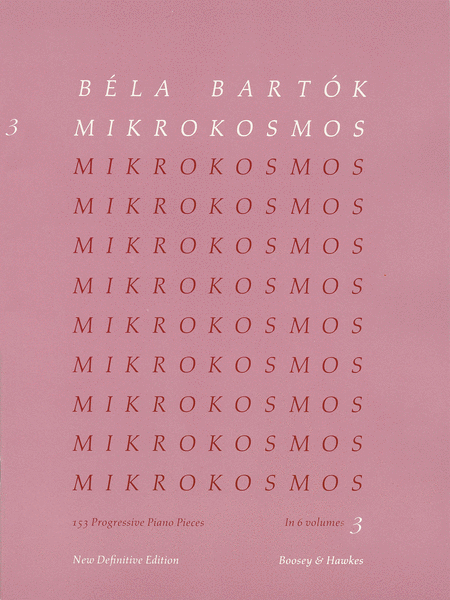Curriculum
Practice: Training the Brain
Truly practicing well is an art in itself, much richer and more rewarding than mindless repetition and mounting frustration. I help students to achieve self-sufficiency from healthy practice habits. Learning how to practice gives you a powerful tool that can be applied in all aspects of life, so I put practice at the forefront of my method.
It's not always obvious how to practice the right way. I break down traditional and time-tested approaches, combining them with the latest research in psychology and brain science, to give the student control over their own progress.
Theory and Rep: Eclectic and Omnivorous
My own musical experience runs the gamut from Bach to blues and back. My students have learned centuries old sonatas and the latest songs-of-the-summer. It all comes back to the same 88 keys, so I help the student set the goals and I fill in the gaps with connecting repertoire, technical exercises, and relevant theory.
The song you want to learn doesn't have a piano part? That's a perfect opportunity to practice harmony and arranging. Want to improve your sight-reading? I have just the book for that. For complete beginners, I've taken what works best from all the major methods to create a gradual but challenging progression from 5-finger melodies to classical repertoire.
Technique: Awareness and Simplicity
Technique is the physical, athletic component of piano playing, where the fingers meet the keys. I always keep an eye out for ways to make it easier for the student to get the sound they want.
The best technique is to have no technique; that is, to move as naturally and comfortably as possible. Most of the time, this is more challenging than it sounds! Intense concentration can create excessive effort without you even noticing. I help students build awareness of their hand, arm, and shoulder, and guide them to a technique that "feels right", which is the foundation of speed, fluency, and clarity.


